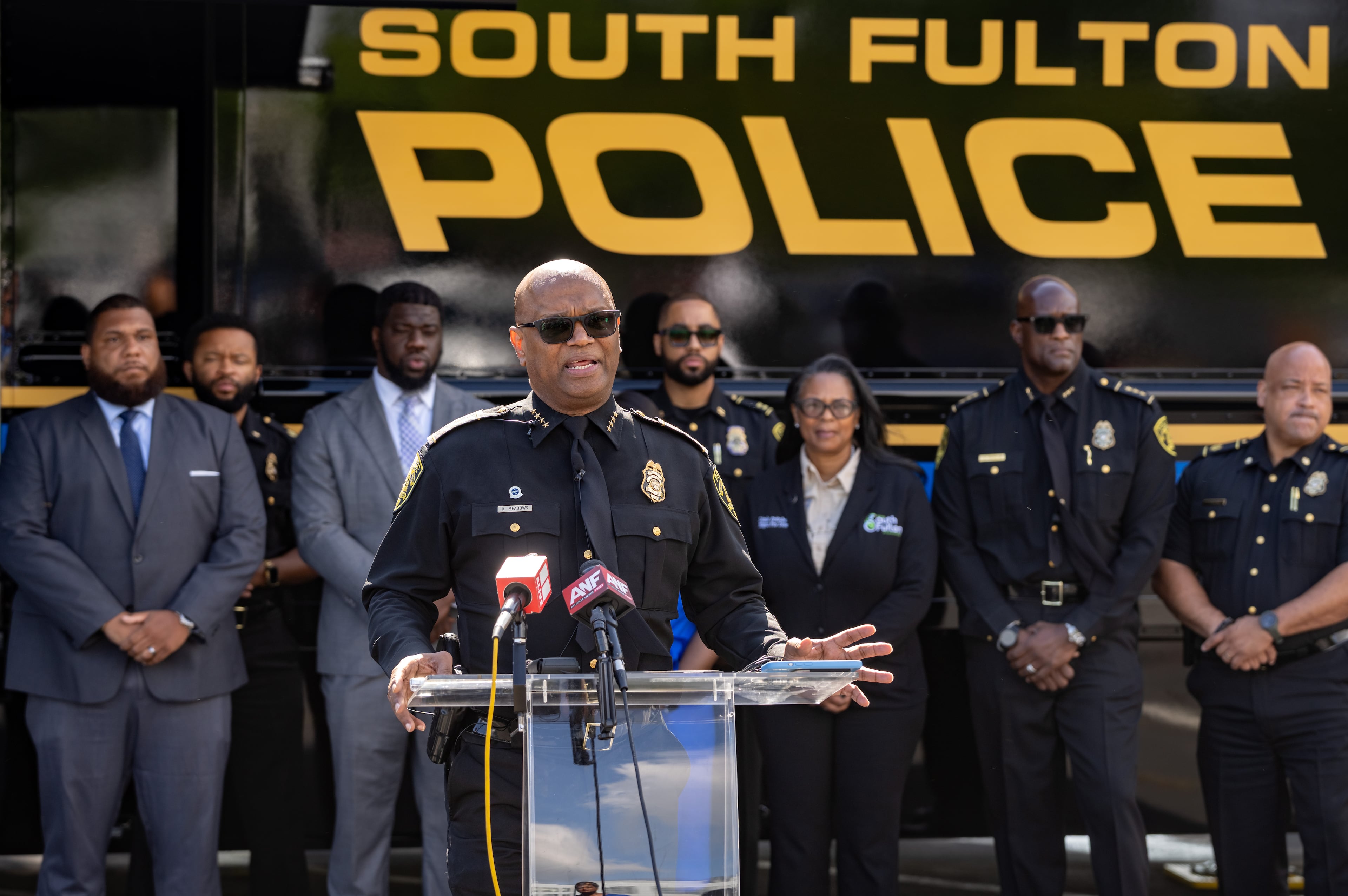CDC researchers door-knocking homes this weekend for blood samples

It’s a relatively small amount of blood, but for the Centers for Disease Control and Prevention, it could mean a lot in the fight against COVID-19.
Fifteen teams from the Atlanta-based CDC will continue to fan out over the weekend and through Monday to parts of Fulton and DeKalb counties calling on 420 randomly selected households seeking voluntary blood samples. The researchers are trying to detect the presence of the coronavirus and the information from the survey could help show how widespread the coronavirus has traveled in metro Atlanta.
Until recently, diagnostic testing for the coronavirus, which detects active cases, has been limited generally to the sickest individuals, first responders and health workers and people at high-risk for COVID-19. As a result, public health officials missed key insights into the full scope of the disease and how widespread it is.
Researchers hope antibody or serologic testing will fill in those gaps, reaching back in time to detect people who had the disease in the past. Antibodies are an immune response to infection, and the presence of them suggests the person was infected with the virus whether they showed symptoms or not.
Jacqueline Tate, an epidemiologist and the lead for an antibody survey of COVID-19, said the blood samples and other information collected as part of the survey will help unlock vital information that will help form how the government responds to the outbreak.
In an interview with The Atlanta Journal-Constitution, Tate said the CDC selected 420 households at random from 30 census blocks in each county. The survey is voluntary, and households approached by CDC officials do not have to participate.
But Tate encouraged those approached to do so.
“What we want to learn is how widespread this virus is in the community,” she said. “How much community transmission is occurring. Once we know who has been infected and how widespread that lets us know how we need to target prevention efforts.”
The survey started Tuesday. Only households approached by the CDC team are allowed to participate.
The survey takes about 30 minutes and includes a questionnaire about health conditions. The researchers wear CDC vests and have badges and can conduct the survey on a porch or driveway. All members of a household are asked to participate.
The presence of antibodies in the blood reveal an infection likely occurred, but Tate said too little is known about this virus to determine if those antibodies provide any protection against future infection.
Tate said she did not have a number of participants enrolled, but she said, “we’ve had good response so far, but we want to continue to encourage people to volunteer.”
New York Gov. Andrew Cuomo said last week that an antibody testing survey had found more than one in five New York City residents showed signs of having had the virus. If accurate, the data suggests a far broader spread than previously known as well as much lower death rates.
Tate said people should continue to abide by hygiene and social distancing guidelines to help slow the spread of the virus.



